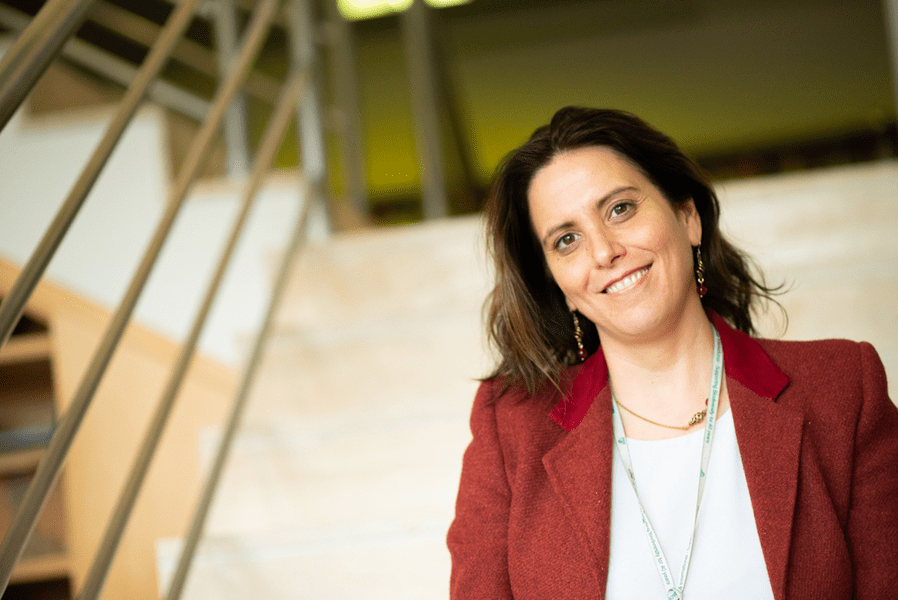Elisabetta Gotor
Elisabetta Gotor is an agricultural economist with more than 15 years of post-doctoral research experience in the area of economic analysis and evaluation of food system solutions that are at the nexus of agriculture, environment and nutrition. Her research focuses on linking biodiversity-based intervention with poverty reduction, food security and nutrition, sustainable rural livelihoods and resilience outcomes so that the results can inform SDGs indicators and targets. As member of the Alliance of Bioversity International and CIAT Research Leadership Team, Elisabetta is providing intellectual leadership to a multidisciplinary program aiming at fostering a highly integrated work practice related to foresight analysis, strategic performance evaluation, assessment of outcomes and impact and data management . By implementing a variety of research and mainstreaming activities, the Performance, Innovation and Strategic Analysis (PISA) for Impact program contributes to understanding the enabling environment to generate the maximum benefits for smallholder farmers and communities, providing evidence for policy makers and other stakeholders across food systems to make informed decisions. Prior to this appointment she has been working as Head of the Development Impact Unit at Bioversity International, and as Foresight and Impact Assessment Cluster Leader of the CGIAR Research Programme on Roots, Tubers and Bananas. In these roles, she provided scientific leadership, coaching and guidance to a multidisciplinary team of international scientists and support staff in developing and implementing a solid research agenda articulated around integrated quantitative modelling, experimental and quasi-experimental impact evaluation, data research and management and knowledge sharing.
Over the years, she has conducted and led data collection activities, validation, analyses and reporting in more than 15 countries and has also published articles in several high-quality scientific journals.
She holds a PhD in Agricultural Economics (2008) from the Department of Agricultural and Food Economics of the University of Reading (UK), a M.Sc. in International Trade and Economics (2004) from the School of Economics of Roma Tre University and an Advanced University Degree (Master Equivalent) in International Economics (2002) from the School of Political Science of Roma Tre University.

